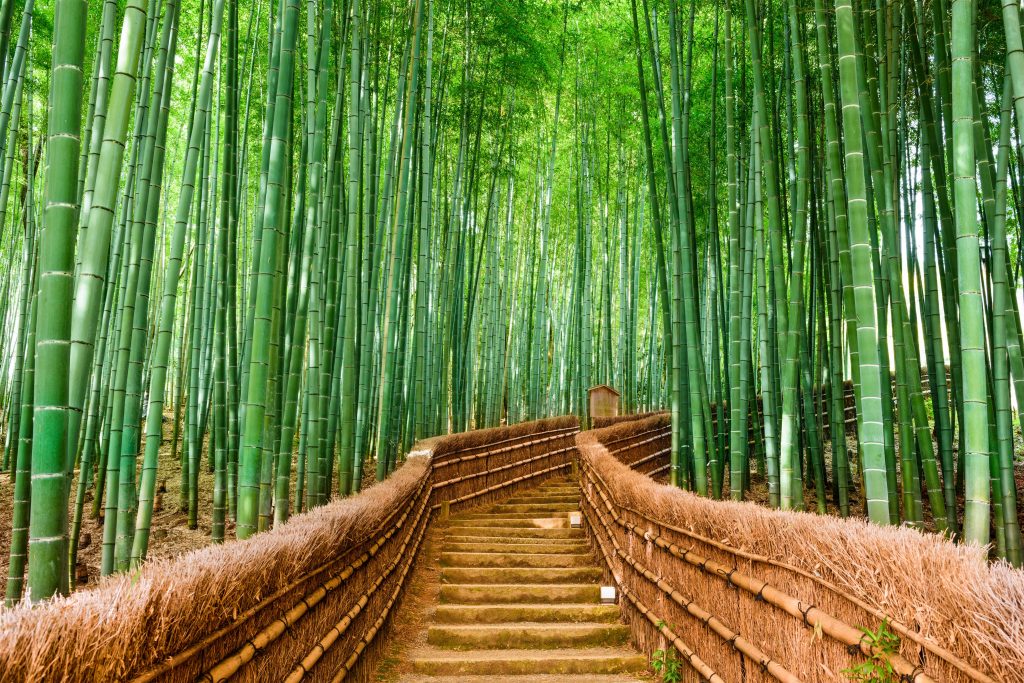
With bamboo seeming to be increasing in popularity and frequency of occurrence in some of our every day products, we decided it was time to understand what sustainability really means for this crop. As the world’s largest owner and operator of commercial bamboo plantations outside of China, we turned to EcoPlanet Bamboo – a company that has set many global benchmarks for the application of forestry and sustainability certification standards to a bamboo context, for guidance.
EcoPlanet Bamboo walked us through their frameworks and what meeting rigid sustainability standards means for their bamboo plantation operations in Nicaragua, South Africa and Ghana and just why it was of extreme importance for them to develop a company culture that also sets a global model for bamboo sustainability.
When the first operations in Nicaragua were started, EcoPlanet Bamboo knew it was important to set the stage for what sustainability really means for commercial bamboo farming. Such frameworks have to date not been a focus or necessity in China – although this has started to change over the past few years with an increased focus on Forest Stewardship Council certification – where most large bamboo forests are made up of thousands of smallholders, and where the bamboo is predominantly sold into markets for low level processing where certification standards such as fair trade may play a greater role than the management of the forest resource.
Therefore for EcoPlanet Bamboo it was critical to develop an integrated management system from the beginning that could ensure the company’s bamboo farms and bamboo plantations were developed under the best possible management. With bamboo’s ecological status as a grass, but the fact that the material it produces is more similar to the wood that comes from trees, management systems for bamboo projects needs to combine pest practices from both agriculture and forestry. EcoPlanet Bamboo’s CEO Troy Wiseman told us that “bamboo requires management just like any other plant under commercial development. For EcoPlanet Bamboo it was important that these management systems also included sustainability factors from the outset”.
Integrated management systems combine a range of different aspects, from reduced reliance on chemicals and a greater emphasis on the integration of factors to recreate a biodiverse and healthy ecosystem, an increased reliance on training and skills development in order to promote secure and sustainable jobs and therefore facilitate local and regional development.
“EcoPlanet Bamboo aimed to create a system that encompasses the triple bottom line – maximizing commercial returns while still maintaining ecosystem integrity and maximizing both our environmental and social returns. Bamboo is increasing in popularity and as it does the resource will become increasingly scarce. It was therefore important for us, as individuals and as a company, to develop systems that could allow for the sustainable production of the raw resources, while meeting the growing global demand for wood and fiber”.
The bamboo plantations in Nicaragua and South Africa have both been certified by the Rainforest Alliance under the Forest Stewardship Council Forest Management certification, and the Nicaraguan plantations have also received certification for their contribution to fighting global climate change.
As we continue to seek out green and sustainable solutions, we’ll be keeping an eye out for the products that come from these bamboo plantations, knowing that they have come from a truly sustainable and well managed source.
For more information on EcoPlanet Bamboo we loved these bamboo videos:
http://www.vimeo.com/ecoplanetbamboo














